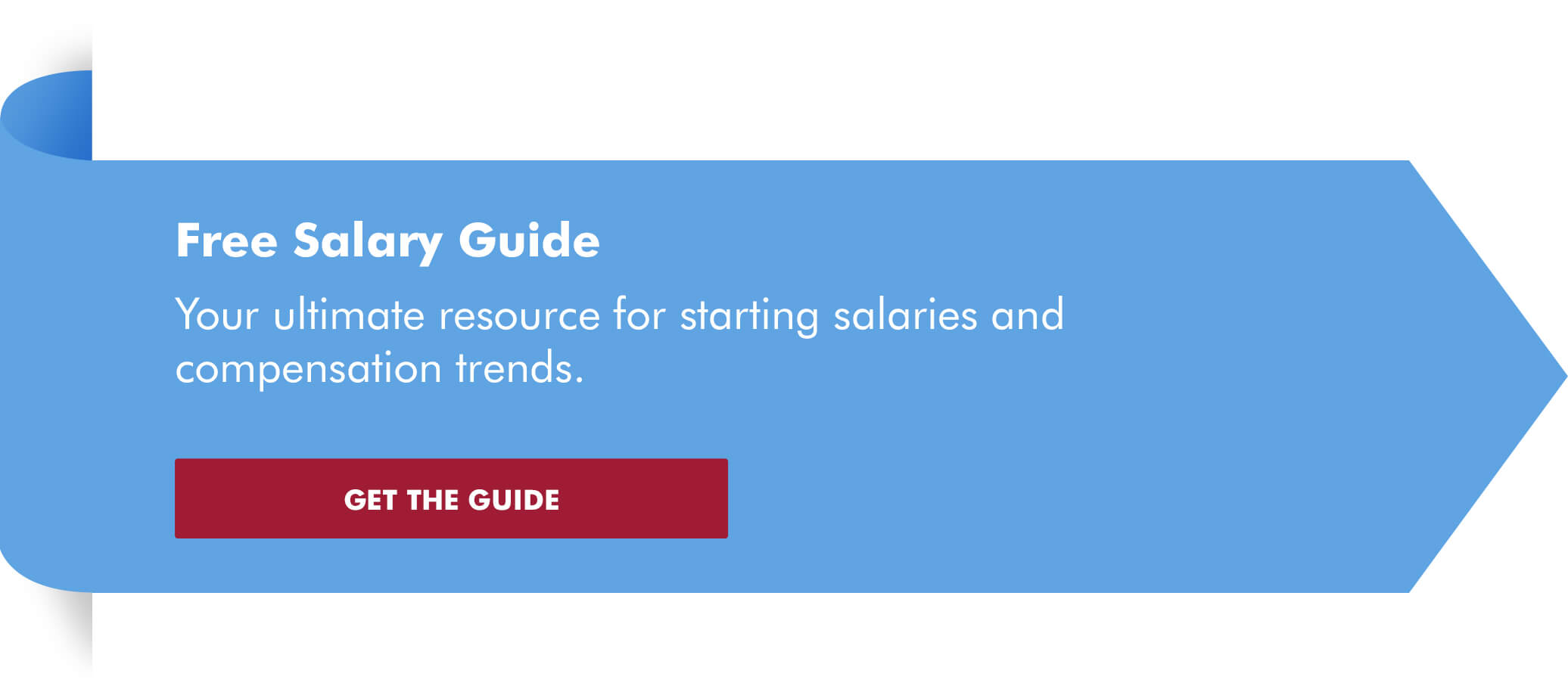As more companies rely on the Scrum framework to deliver high-quality products, the demand for Scrum masters continues to rise. So, if you have been thinking about pursuing a Scrum master job and have the right skills, now is a good time to launch your search.
If you are interested in learning how to become a Scrum master, this post offers some insight into what the Scrum master job typically entails and what employers are looking for from candidates applying for this role. This information can help you understand what skills and experience may be required for this challenging position.
First, here is a general overview of the Scrum master job:
What does a Scrum master do?
To better understand the purpose of a Scrum master on a project team, it helps to know that the world of rugby inspires the name of this role. A scrum is when a rugby team puts their arms around each other and pushes together to win the ball, moving down the pitch as one body. Scrum teams behave similarly within a software development project: They band together, trust each other, and push hard to hit objectives called sprint goals.
Scrum masters are classified as servant-leaders, meaning that while they may be at the helm of a project, their role is to serve the needs of their team. They’re also responsible for giving the team guidance during a sprint — a project with a clear deliverable and a tight deadline (typically less than a month).
Ultimately, Scrum masters are professionals who have Scrum subject matter expertise. They can coach their team on how best to run and operate in a Scrum environment and help ensure they have everything required to succeed.
Note, however, that Scrum masters are not project managers. They don’t give orders, they don’t make staffing decisions, and they are not responsible for the product (that commitment sits with the product owner.)
Scrum master responsibilities typically include:
- Administration: One of a Scrum master’s main duties is running the daily Scrum, an intense 15-minute meeting held during a sprint. While Scrum masters don’t take the lead in these sessions, it’s their job to make sure they occur every day. They’re also responsible for keeping the team on track within the allotted 15 minutes, ensuring any attendees from outside the development team don’t disrupt the flow.
- Strategizing: The Scrum master works with the product owner to scope out the objectives for each sprint. During the sprint, the Scrum master helps set daily targets for every team member, all of whom contribute to the overarching sprint goal(s).
- Coaching: Most Scrum masters are experts in Agile, one of the most widely used software development methodologies. There are several ways to apply Agile principles in the tech world, with Scrum leading the pack in terms of its popularity. Scrum masters will coach the development team to make sure they understand Scrum. They can also train the team in self-organization and cross-functionality so that they can work together seamlessly to produce high-value products within short time frames.
- Championing: Scrum works best when an entire organization sticks to Scrum values. Scrum masters act as advocates, reaching out to other teams to teach them about the methodology so they better understand the process.
- Clearing the way. A successful sprint requires a clear path, which is why Scrum masters must identify and bulldoze roadblocks, like requests from other departments or frequent emails and phone calls. If other barriers arise — such as system issues or a team member’s lack of training — the Scrum master steps up to help resolve them.
- Filling in the blanks. If a software development project requires an urgent injection of resources — like server space or virtual environments — the Scrum master will organize it.
What skills do you need for a Scrum master job?
Scrum masters must demonstrate an excellent understanding of the challenges faced by Agile teams. Typically, they need extensive experience working in an Agile environment, ideally with Scrum, but knowledge of Kanban, Jira or Confluence is also valued by many employers. Large organizations may also seek candidates familiar with the SAFe framework for scaling Agile across an enterprise.
The lack of a tech background won’t necessarily be a deal-breaker for all employers. That’s because soft skills are often more important than hard skills for the Scrum master job. And because they act as servant-leaders, Scrum masters must be resourceful, creative and energetic individuals with excellent problem-solving abilities.
If you want to land a Scrum master job, you’ll need to be a rock star when it comes to communication, organization, problem-solving, strategic thinking and conflict resolution. Therefore, your resume should showcase the wins you’ve achieved through collaborating with teammates.
That said, while an IT background isn’t a must, it certainly won’t hurt you. If you don’t currently work in software development, join local coder groups, attend hackathons and participate in the open-source community. You’ll not only learn more about development, but you’ll also gain experience setting up Scrum teams and completing sprints.
What salary can a Scrum master earn?
If you are under consideration for a Scrum master job, the salary a potential employer might offer will depend largely on your experience level and where you live. Consult the latest Robert Half Salary Guide, which you can download here for free, to get details on average starting salaries for Scrum masters this year.
How can you improve your Scrum master resume?
Hiring managers will home in on any Scrum experience — or at least some history of working in an Agile environment — so if you have it, highlight it in your resume. And if you currently work on an Agile team, use the opportunity to learn as much as you can from local experts or ask your manager for some one-on-one coaching.
Certifications can also beef up your Scrum master resume. You can choose to pursue several designations, including the Professional Scrum Master (PSM), PMI Agile Certified Practitioner (PMI-ACP) and Certified ScrumMaster (CSM). PSM and CSM qualifications are available at several levels, ranging from beginner to expert. As a plus, many Scrum qualifications don’t require an intensive study program.
If you have Scrum training, but your current group’s manager hasn’t heard of the methodology, you can be the one to recommend and implement it in your organization. Seek out other Scrum enthusiasts at your company, set up a discussion group, and suggest how Scrum could improve processes.
To get the Scrum master job you want, you may need to push hard to make it happen, but after all, that is what this role is all about!








